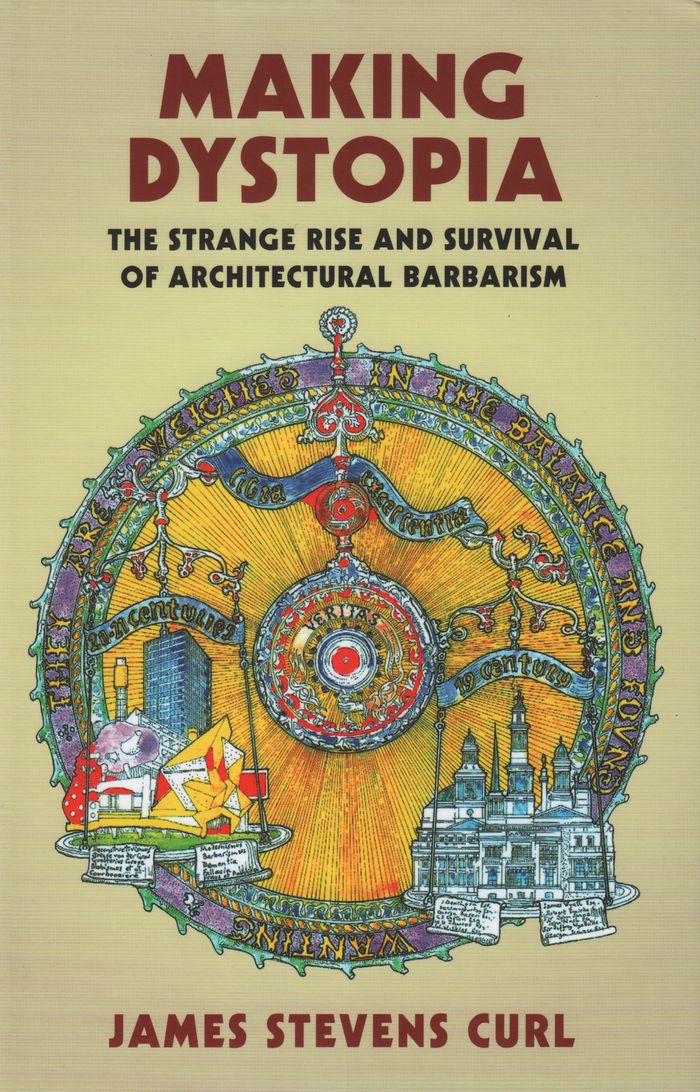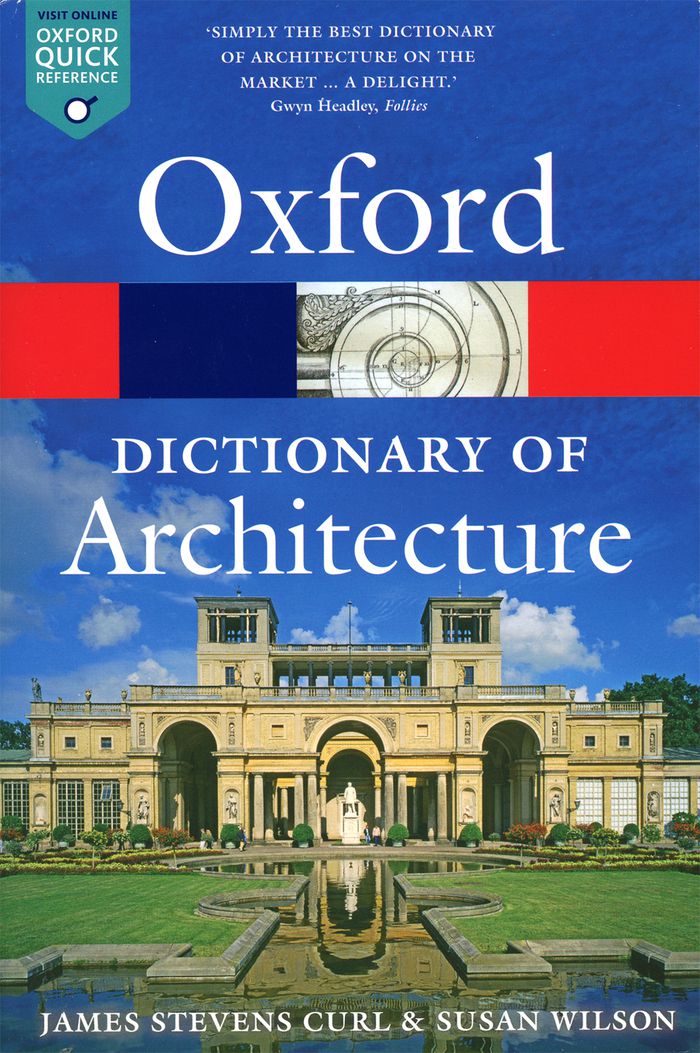$52.95
(disponible sur commande)
Résumé:
Née dans les Iles Britanniques au début du XVIIIe siècle, la franc-maçonnerie moderne se donne rapidement des lieux de réunions discrets qui, à ce jour, n'ont été que peu étudiés dans le cadre de l'histoire de l'architecture. La construction d'un temple maçonnique, modeste ou spectaculaire, répond en réalité à un programme symbolique très codifié qui prend comme référence(...)
Histoire jusqu’à 1900
mai 2006, Bruxelles
Architectures maçonniques : Grande-Bretagne, France, États-Unis, Belgique
Actions:
Prix:
$52.95
(disponible sur commande)
Résumé:
Née dans les Iles Britanniques au début du XVIIIe siècle, la franc-maçonnerie moderne se donne rapidement des lieux de réunions discrets qui, à ce jour, n'ont été que peu étudiés dans le cadre de l'histoire de l'architecture. La construction d'un temple maçonnique, modeste ou spectaculaire, répond en réalité à un programme symbolique très codifié qui prend comme référence mythique le temple de Salomon à Jérusalem et s'élabore à partir d'un rituel complexe, puisant à de nombreux courants spirituels. Du temple égyptien ou assyrien à la tradition classique conçue comme un modèle idéal et universel, de la cathédrale médiévale au modernisme, la loge offre un éventail de références exceptionnellement large. Chaque pays, chaque obédience, chacun des courants maçonniques, contribuent à créer un panorama architectural d'une fascinante richesse.
Histoire jusqu’à 1900
$64.95
(disponible sur commande)
Résumé:
In ''Making Dystopia,'' architectural historian James Stevens Curl tells the story of the advent of architectural Modernism in the aftermath of the First World War, its protagonists, and its astonishing, almost global acceptance after 1945. He argues forcefully that the triumph of architectural Modernism in the second half of the twentieth century led to massive(...)
Making dystopia: the strange rise and survival of architectural barbarism
Actions:
Prix:
$64.95
(disponible sur commande)
Résumé:
In ''Making Dystopia,'' architectural historian James Stevens Curl tells the story of the advent of architectural Modernism in the aftermath of the First World War, its protagonists, and its astonishing, almost global acceptance after 1945. He argues forcefully that the triumph of architectural Modernism in the second half of the twentieth century led to massive destruction, the creation of alien urban landscapes, and a huge waste of resources. Moreover, the coming of Modernism was not an inevitable, seamless evolution, as many have insisted, but a massive, unparalled disruption that demanded a clean slate and the elimination of all ornament, decoration, and choice.
Théorie de l’architecture
$25.50
(disponible en magasin)
Résumé:
Containing over 6,000 entries from Aalto to Zwinger and written in a clear and concise style, this authoritative dictionary covers architectural history in detail, from ancient times to the present day. It also includes concise biographies of hundreds of architects from history (excluding living persons), from Sir Francis Bacon and Imhotep to Liang Ssu-ch'eng and Francis(...)
The Oxford dictionary of architecture
Actions:
Prix:
$25.50
(disponible en magasin)
Résumé:
Containing over 6,000 entries from Aalto to Zwinger and written in a clear and concise style, this authoritative dictionary covers architectural history in detail, from ancient times to the present day. It also includes concise biographies of hundreds of architects from history (excluding living persons), from Sir Francis Bacon and Imhotep to Liang Ssu-ch'eng and Francis Inigo Thomas. The text is complemented by over 260 beautiful and meticulous line drawings, labelled cross-sections, and diagrams. These include precise drawings of typical building features, making it easy for readers to identify particular period styles.
Dictionnaires


